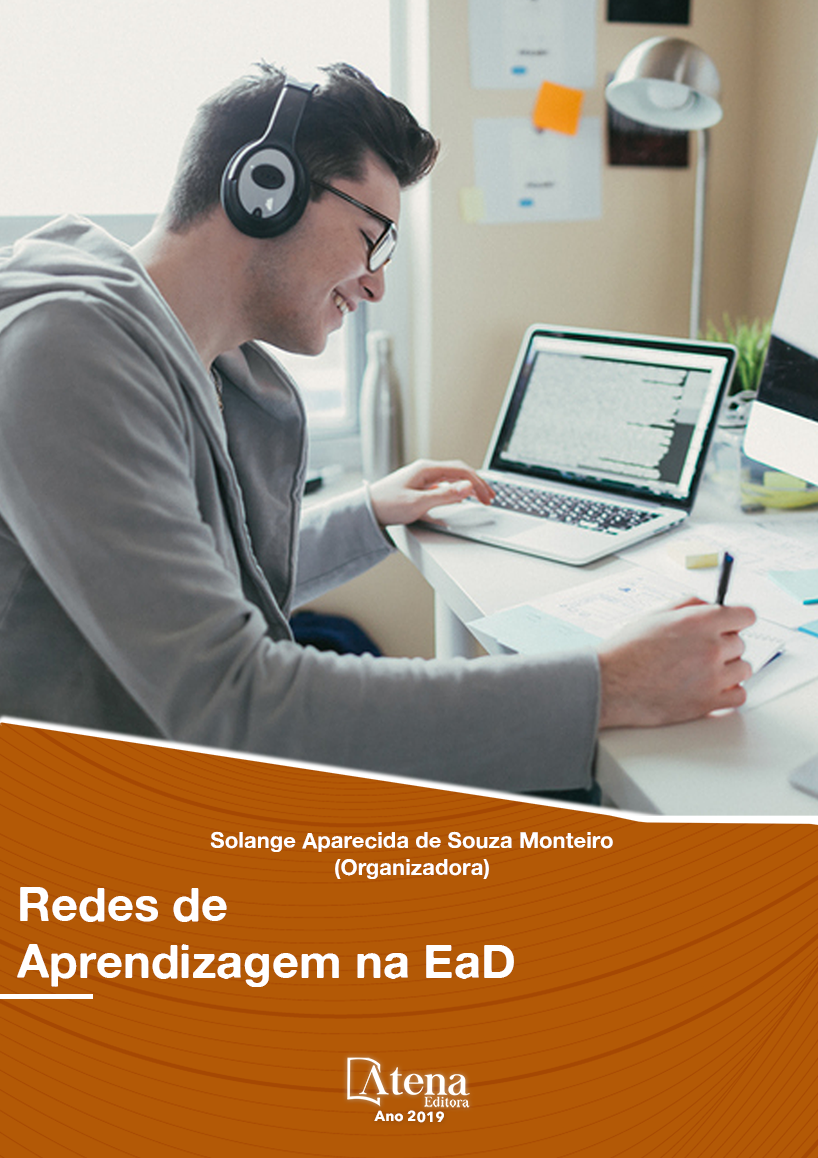
AUTENTICAÇÃO E AUTENTICIDADE DAS ATIVIDADES DISCENTES NOS AMBIENTES E-LEARNING: PROTÓTIPO DE SOFTWARE PARA BIOMETRIA E REGISTRO FACIAL
A Educação a Distância tem
ganhado a cada dia mais espaço no cotidiano
educacional do brasileiro, e através da facilidade
de acesso às novas Tecnologias de Informação
e Comunicação, tem expandido em alcance
geográfico e numérico, democratizando o
ensino e o conhecimento levando-os para áreas
remotas, onde o ensino presencial encontra
inúmeras dificuldades para atender os cidadãos
que ali residem. Através dessa ampliação
do raio de ação da Educação a Distância, é
preciso ampliar cada dia mais a confiabilidade
nessa modalidade de ensino, para superar
de uma vez por todas, os rótulos dados aos
alunos provenientes da Educação a Distância.
Pensando nisso, o desenvolvimento de
ferramentas que auxiliem no quesito qualitativo
tanto dos Ambientes Virtuais de Aprendizagem,
quanto no qualitativo dos discentes, tem
se tornado uma necessidade corriqueira.
Acompanhando o quesito inovador no
desenvolvimento, a proposta de um mecanismo
de software que proporcione uma nova forma de
registrar a presença dos alunos nas plataformas
de aprendizagem virtuais foi confeccionada de
forma a reconhecer o aluno através de padrões
faciais, registrando a presença pela captura
de imagens, e armazenamento das variáveis
disponibilizadas pelo reconhecimento da
biometria facial. Um software que possibilita ao
coordenador do curso, um acompanhamento
desses discentes nos momentos assíncronos
de estudo, validando e autenticando a presença
desses alunos durante os estudos e fóruns,
é fundamental para o Ensino a Distância
galgar uma posição mais elevada no patamar
educacional no Brasil atual.
AUTENTICAÇÃO E AUTENTICIDADE DAS ATIVIDADES DISCENTES NOS AMBIENTES E-LEARNING: PROTÓTIPO DE SOFTWARE PARA BIOMETRIA E REGISTRO FACIAL
-
DOI: 10.22533/at.ed.46719050725
-
Palavras-chave: Educação a Distância; Ambiente Virtual de Aprendizagem; Reconhecimento Facial; Biometria Facial; Tecnologias de Informação e Comunicação.
-
Keywords: Distance education; Virtual Learning Environment; Face recognition; Facial biometrics; Information and Communication Technologies.
-
Abstract:
Distance education has gained
every day more space in the education of
Brazilian daily life, and through the ease of
access to new information and communication
technologies, has expanded in geographical
and numerical range, democratizing education
and knowledge taking them to areas remote
where classroom learning is many difficulties to
meet the citizens living there. Through this expansion of the Education action radius the
distance, it is necessary to expand every day more reliability in this type of education,
to overcome once and for all, the labels given to students from the Distance Education.
With this in mind, the development of tools that assist in both qualitative Question Virtual
Learning Environments, as the quality of the students, has become a commonplace
necessity. Following the innovative Question in the development, the proposal of a
software engine that provides a new way to record the presence of students in virtual
learning platforms was made in order to recognize the student through facial patterns,
recording the presence by capturing images and storage of the variables provided
by the recognition of facial biometrics. Software that enables the coordinator of the
course, a follow these students in asynchronous moments of study, validating and
authenticating the presence of these students during the studies and forums, it is critical
to the Distance Learning climb a higher position in the educational level in Brazil today.
-
Número de páginas: 15
- Robson Almeida Borges de Freitas
- Rodrigo Nonamor Pereira Mariano de Souza
- Humbérila da Costa e Silva Melo


